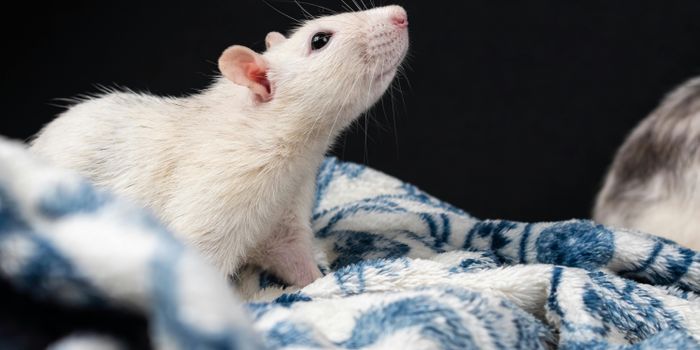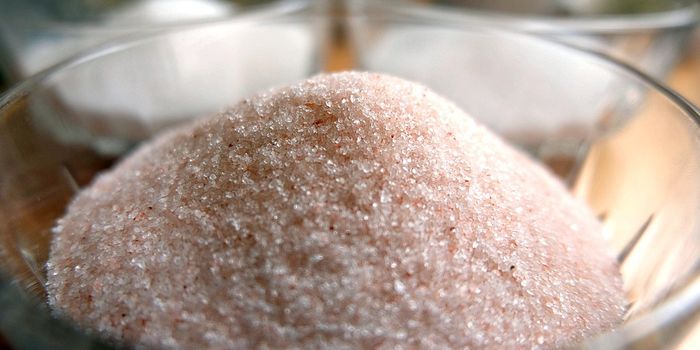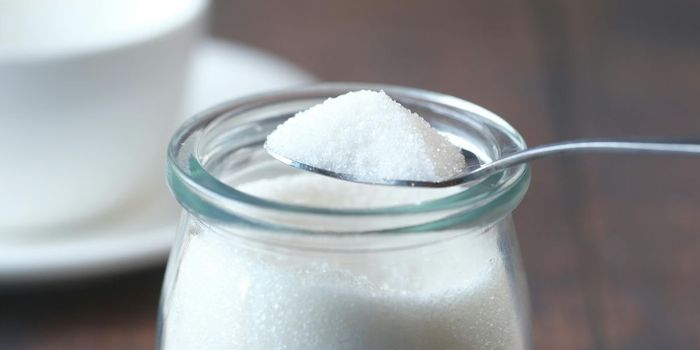CBD: The Legality of Non-THC Products
With just a couple of weeks until 2017 wraps up, it may be a good time to reflect on the past year in cannabis. In addition to the numerous discoveries that keep pushing cannabis sciences farther and farther forward into the mainstream of modern medicine, there are still many unanswered questions and so much work to be done. But – what about those simpler things that we still have not yet come to resolve about cannabis and its many different compounds?
What’s the Real Deal with CBD?
As we’ve discussed in the recent past, CBD and THC are two main compounds of cannabis that produce much of its well-known effects. Those who live in states where medical (or recreational) cannabis is legal may not think very much about these two compounds until they go to the dispensary. But those who do not live in one of these states may have CBD on their mind quite often. Why?
Well, that might be because CBD currently hangs in semi-legalized limbo. Due to some unclear language in cannabis regulations, CBD is not technically illegal and so it can be purchased in many states; in fact, CBD oil is available for purchase online.
Despite this technicality in legality, certain state legislatures have taken a harder stance on CBD. In fact, Indiana recently made the decision to pull CBD off the shelves with a promise to enforce this action – a move that has faced backlash from many who use CBD medicinally.
The Letter of the Law
So, why is there confusion and shifting legislature over this issue if CBD is legal? This confusion has mostly stemmed from interpretation of the Agricultural Act of 2014. This law includes regulatory information regarding the growth of hemp. The law details the following:
“The term ‘industrial hemp’ means the plant Cannabis sativa L. and any part of such plant, whether growing or not, with a delta-9 tetrahydrocannabinol concentration of not more than 0.3 percent on a dry weight basis.”
So, that means CBD is legal, right? Well, if CBD is extracted from hemp AND contains 0.3% or less of THC, then and only then would it be considered legal. But the bill is aimed at clarifying how CBD can be grown and used for research, not for commercial use. And, since cannabis remains a Schedule I drug at the federal level and CBD is a compound from the cannabis plant, CBD would then still be illegal, right?
If your head is spinning right now, don’t worry – you’re not alone! In response to this confusion, the Drug Enforcement Agency released a statement this past summer in an attempt to clarify the issue. This statement reinforced their stance that CBD is indeed a Schedule I drug and is not legal.
A Global Health Perspective
Unfortunately you will not walk away from this piece with a clearer picture about CBD – because, frankly, the law itself does not provide anything but a foggy window into what’s in store for CBD in the near future. Regardless of the legal obscurity, it’s important to turn back to the science on this. Because, if you remember, most CBD does not contain THC (or contains such a tiny amount that it has little effect) – thus, it offers benefits of the cannabis plant without giving the psychoactive effect, a key reason why patients use CBD instead of THC.
Just a few weeks ago, the World Health Organization (WHO) released its own statement regarding CBD – and gave it a glowing review.
“Recent evidence from animal and human studies shows that its [CBD’s] use could have some therapeutic value for seizures due to epilepsy and related conditions. Current evidence also shows that cannabidiol is not likely to be abused or create dependence as for other cannabinoids (such as Tetra Hydro Cannabinol (THC), for instance).”
Although they are planning to conduct a more in-depth analysis next year, the WHO does not recommend international drug scheduling for CBD after its initial review. Watch the video below to learn more the current situation in Indiana and stay tuned as the CBD story continues to unfold:








